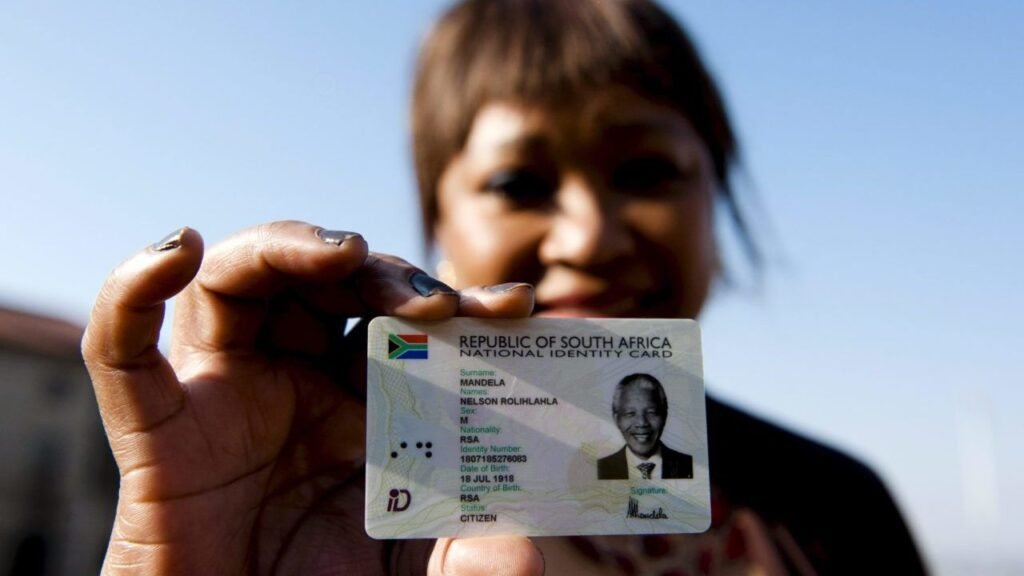In 2025, the South African Social Security Agency (SASSA) continues to provide the Grant-in-Aid a targeted financial support initiative that assists individuals who are physically or mentally unable to care for themselves. This additional grant is designed to help these individuals afford full-time caregiving assistance, ensuring they receive adequate daily support while preserving their dignity and quality of life. The Grant-in-Aid functions as a top-up benefit that supplements other existing SASSA grants, including the Older Persons Grant, Disability Grant, and War Veterans Grant. As of this year, qualifying beneficiaries receive R460 per month, which is specifically intended to help pay for a full-time caregiver.
Who Can Qualify for This Additional Assistance?
To be considered eligible for the Grant-in-Aid, applicants must already be recipients of one of SASSA’s main social grants. The benefit is not available as a stand-alone application. Its purpose is to provide extra assistance to those whose health conditions prevent them from performing basic daily tasks independently due to either a permanent physical or mental impairment. SASSA’s criteria also require that applicants be South African citizens or legally recognized refugees with a valid identification document. Applicants must be 18 years or older, provide a medical report certifying their inability to care for themselves, and meet the financial eligibility guidelines as determined by the agency’s means test. Additionally, those who are already under the care of a state institution are not permitted to apply for this grant.
The Step-by-Step Application Process Explained
Prospective applicants have the option to apply for the Grant-in-Aid either by visiting a SASSA office in person or using the agency’s official online platform. For online applicants, the process begins at www.sassa.gov.za, where individuals must register an account, provide their personal details, and verify their mobile number with a one-time pin (OTP). Once logged in, they can select “Apply for a Grant” and choose “Grant-in-Aid” before filling out the digital application form and uploading the necessary documents in PDF format. Those opting for in-person applications can go to their nearest SASSA branch, where staff will provide assistance with completing the application. If the beneficiary is unable to attend personally, a trusted family member or representative may apply on their behalf using power of attorney. The office will conduct an interview and take fingerprints as part of the procedure. There is no fee for applying, and applicants receive a stamped receipt to confirm the submission date.
Required Supporting Documents for a Successful Application

During the application process, specific documentation is required to verify eligibility. All applicants must present a valid South African ID. A recent medical report must also be submitted, confirming that the applicant’s condition is both permanent and prevents them from caring for themselves. Incomplete or falsified documentation may result in delays, rejection, or future suspension of the grant.
Application Review Timeline and Payment Choices
SASSA typically processes Grant-in-Aid applications within 30 working days. Once the application has been evaluated, the agency issues a written response indicating approval or rejection. If an application is declined, the applicant is informed of the reasons and has the right to request a review if they disagree with the outcome. Approved applicants may choose how they wish to receive the monthly grant. The payment can be directly deposited into a bank account, provided the applicant submits a three-month bank statement and proof of account ownership. Alternatively, recipients can collect their grant at designated SASSA pay points or through other approved institutions. Changes to the payment method can be made later by notifying the nearest SASSA office.
Conditions That Could Lead to Suspension of Payments
Grant payments can be suspended under specific circumstances. If the beneficiary’s medical or financial condition improves and they no longer meet the original criteria, the grant may be paused. Other reasons for suspension include submitting false information, refusing to participate in a required review, or if the grant was issued in error. Beneficiaries whose grants are suspended may request reinstatement within three months of the suspension.
When the Grant Lapses Completely
Certain situations result in the permanent discontinuation of the Grant-in-Aid. If the beneficiary passes away, is placed in a fully state-funded institution, or no longer requires full-time care, the grant is terminated. Additionally, if the recipient fails to collect their grant for three consecutive months, it will automatically lapse. These conditions ensure that resources remain available to those who actively meet the criteria.
The Ongoing Duties of Grant Beneficiaries
All recipients of the Grant-in-Aid must maintain open communication with SASSA. It is their responsibility to report any changes in contact information, health status, financial situation, or residence. Engaging in fraudulent activities or withholding relevant updates may lead to criminal charges and immediate suspension of benefits. Beneficiaries needing assistance or information can contact SASSA via their toll-free number (0800 60 1011) or email (grantsenquiries@sassa.gov.za).
Situations in Which the Grant Is Not Disbursed
There are specific scenarios in which the Grant-in-Aid will not be paid out. These include cases where the recipient no longer requires daily assistance, is admitted for long-term hospitalization, experiences an increase in income that places them above the means threshold, or passes away. SASSA closely monitors these changes to ensure compliance with eligibility standards.
Reflecting on the Impact of the Grant-in-Aid Program
The SASSA Grant-in-Aid program serves a vital role in supporting South Africans who are unable to live independently due to disability or chronic illness. By providing financial assistance for caregiving support, the grant ensures that individuals receive the necessary help with dignity. The application process remains accessible both online and in person, and recipients are encouraged to stay informed, comply with review procedures, and keep their personal information up to date to continue receiving assistance.v

